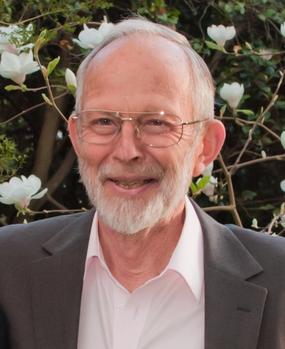Newton Morton facts for kids
Quick facts for kids
Newton E. Morton
|
|
|---|---|
 |
|
| Born | December 21, 1929 Camden, New Jersey, United States
|
| Died | February 7, 2018 (aged 88) |
| Nationality | American |
| Education | Hopkins High School |
| Alma mater | University of Hawaii University of Wisconsin- Madison |
| Known for | Founder of the field of Genetic epidemiology |
| Partner(s) | Patricia Jacobs |
| Children | 5 |
| Awards | William Allan Award (1962) |
| Scientific career | |
| Fields | Genetic epidemiology |
| Institutions | Atomic Bomb Casualty Commission Memorial Sloan Kettering Cancer Center University of Southampton |
| Influences | James F. Crow and Sewall Wright |
Newton Ennis Morton (born December 21, 1929 – died February 7, 2018) was an American scientist. He studied genetics, which is the study of how traits are passed down through families. He is known as one of the main people who started the field of genetic epidemiology. This area of science looks at how genes and other factors affect diseases in groups of people.
Early Life and Education
Newton Morton was born in Camden, New Jersey. When he was very young, his family moved to New Haven, Connecticut. He loved science from an early age, especially collecting butterflies.
He went to Hopkins School. Later, he studied at Swarthmore College for two years. He became less interested in insects. Instead, he decided to study genetics. He was inspired by a book called Genetics and the Origin of Species by Theodosius Dobzhansky.
After getting married, Morton moved to Hawaii. He earned a degree in Zoology from the University of Hawaii in 1951. He then went to the University of Wisconsin for his advanced studies. He worked with famous geneticists like James F. Crow and Sewall Wright.
From 1952 to 1953, Morton worked in Japan with the Atomic Bomb Casualty Commission. This group studied the health effects of the atomic bombs. This experience made him want to focus his career on human genetics. He earned his PhD in genetics from the University of Wisconsin in 1955.
Academic Career and Discoveries
Newton Morton's science career began in Japan. He studied how being exposed to atomic bombs affected people, including their children. He published important papers about how blood types are linked to diseases. He also studied how human birth weight is inherited.
In 1955, Morton became a special research fellow at the University of Wisconsin. He became an assistant professor there in 1956. He later became an associate professor in 1960. While at the university, he studied over 180,000 births.
In 1962, Morton received the William Allan Award. This award is given for important contributions to human genetics. In the same year, he helped create a new genetics department.
In 1964, he started the Population Genetics Laboratory in Hawaii. He was the director of this lab for 21 years. In 1985, he moved to New York City. He worked at the Memorial Sloan Kettering Cancer Center. There, he led the Department of Epidemiology and Biostatistics.
In 1988, Morton became a professor at the University of Southampton in England. He directed a research group focused on genetic epidemiology. In 1999, a book was published to celebrate his 70th birthday. It highlighted new discoveries in genetic epidemiology. He worked as a Senior Professional Fellow in Human Genetics from 1995 until 2011. Morton retired in April 2011 because of his age and health issues related to Alzheimer's.
Personal Life
Newton Morton was married to Professor Patricia Jacobs for over 40 years. He had five children and seven grandchildren with his first wife.
He passed away on February 7, 2018, at the age of 88.
 | Leon Lynch |
 | Milton P. Webster |
 | Ferdinand Smith |

